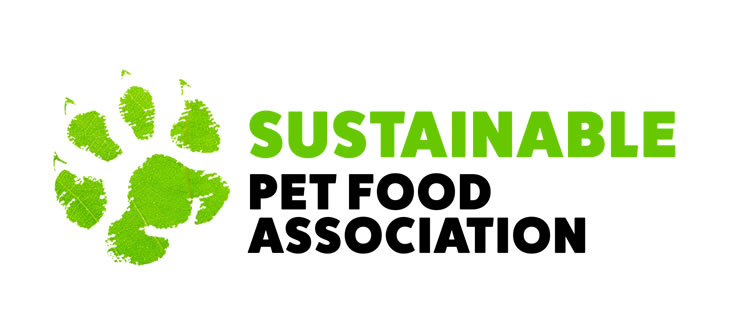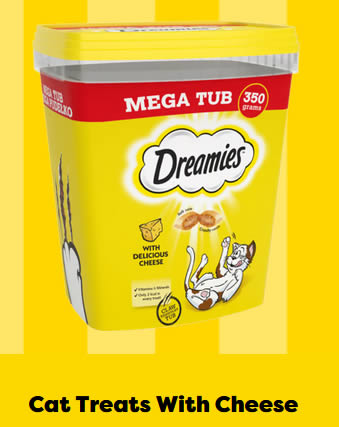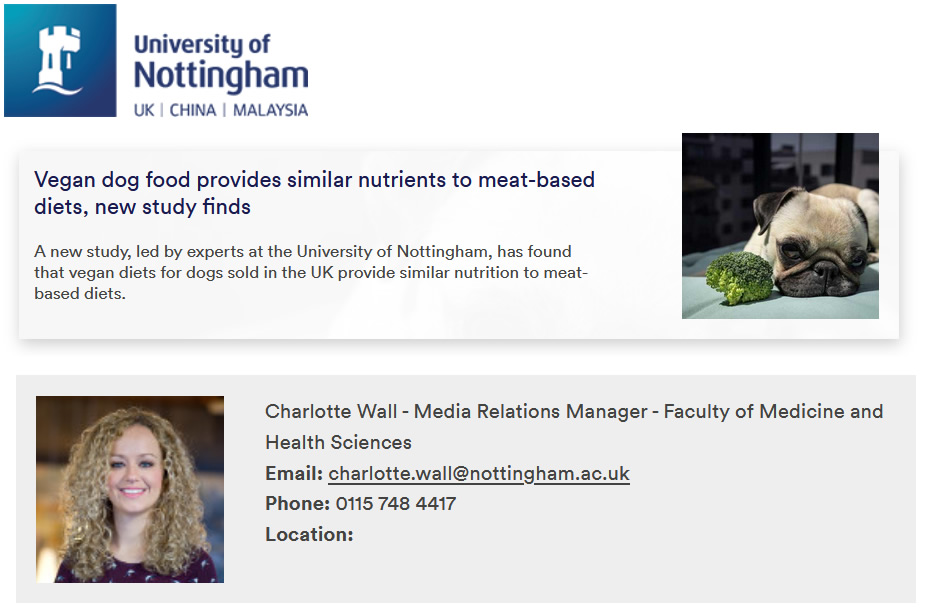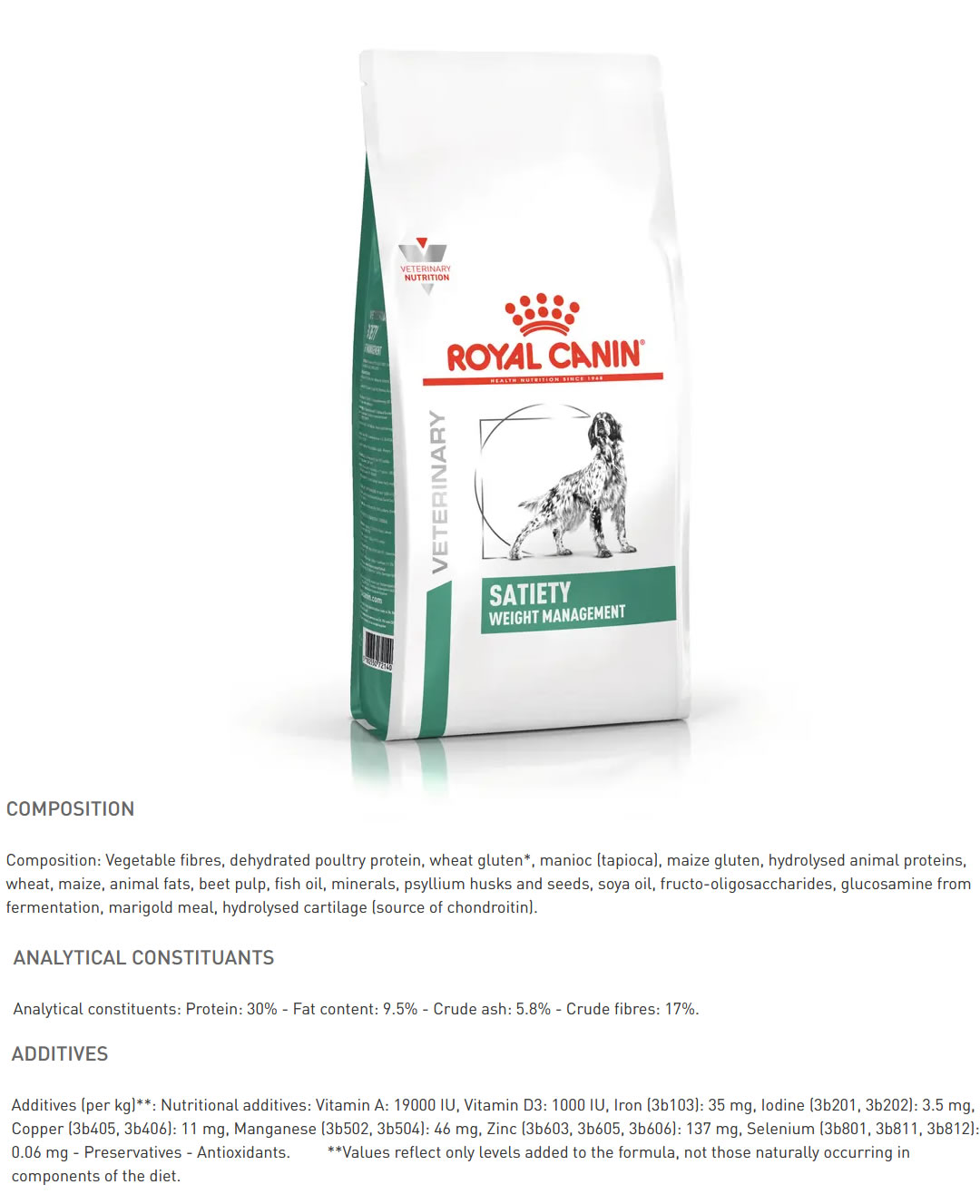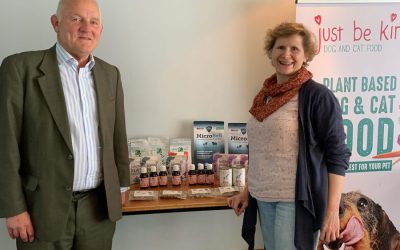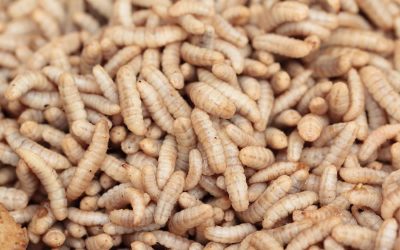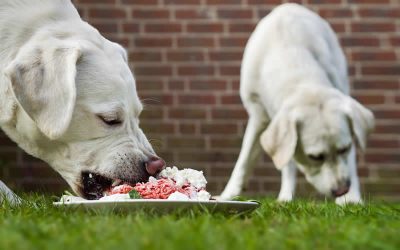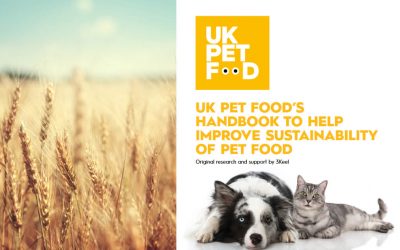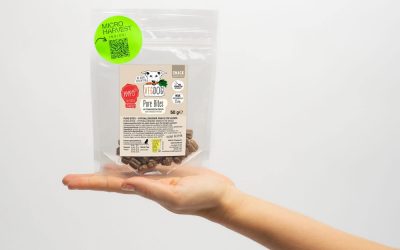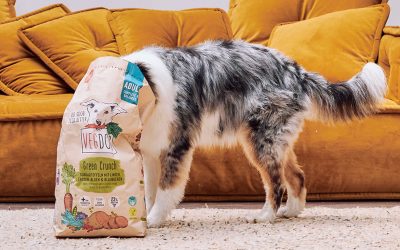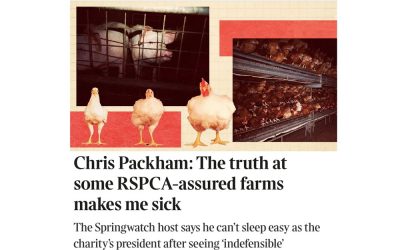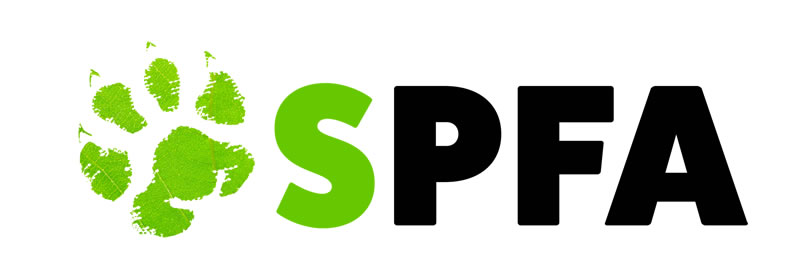Mars Petcare is a subsidiary of Mars Inc that originally started out selling confectionery such as Bounty bars, M & M, Milky Way. With a focus on sales of foods that people will keep buying due to the addictive nature of sugar, they moved into the pet food market and as of 1994, they were classed as the leading pet food company worldwide.
Currently Mars Petcare has a nett worth of $112 billion which is approximately £83,380,864,000 based on the current exchange rate.
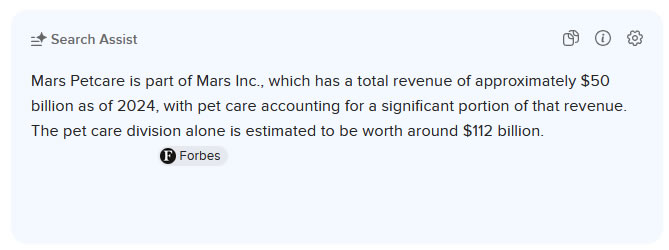
Which pet food companies does Mars own?
With the knowledge that there is money to be made from high sugar products and cravings in people, Mars Petcare own these companies that are shown to also contain high levels of sugar in their ingredient list:
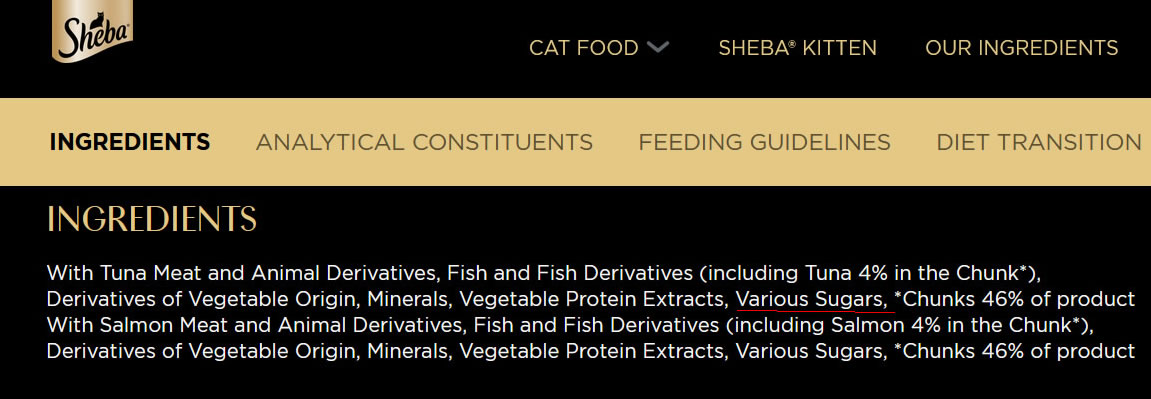
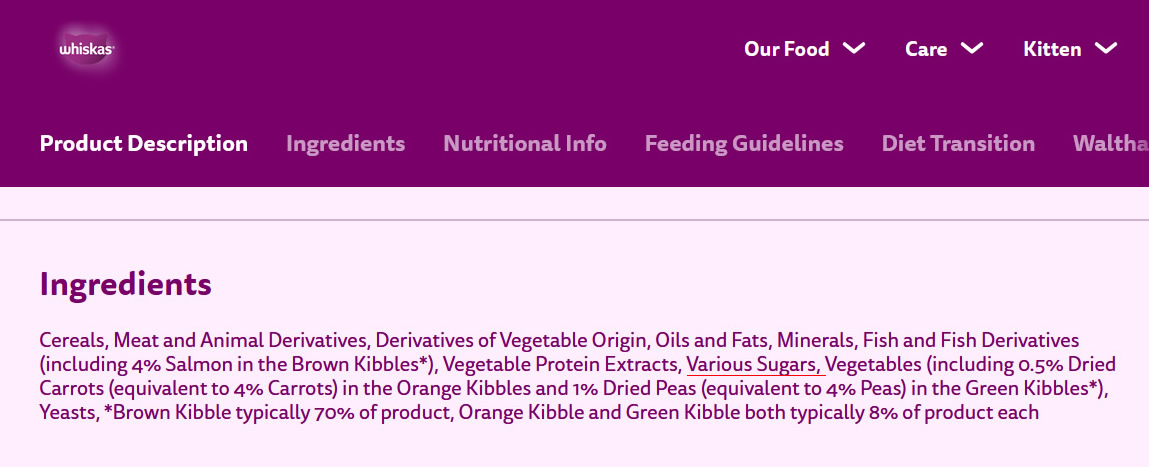
And cats are notorious for being highly addicted and very sensitive to not only sugar, but also to casomorphin found in milk or cheese there to bond a calf with its mother and made to be addictive. Dreamies is one of the most highly sold cat treats in the UK with a very high cheese and fat content – all made by Mars Petcare.
Maybe now we can see why there are so many obesity diets and an entire obesity clinic run by Prof Alexander German Royal Canin Professor of Small Animal Medicine, as Royal Canin is also owned by Mars Petcare and there is a partnership between the BVA and Mars Petcare to manage the obesity epidemic that we face with our pets in the UK (see below).
Royal Canin is fully meat-based with NO sustainable plant-based options at all which is why in 2024, Prof German published a study funded by Mars Petcare to attempt to find fault with Prof Andrew Knight’s very robust studies on vegan diets and health benefits in dogs.
Even though the studies actually confirmed what Prof Knight had said to be true that vegan diets that were nutritionally complete could benefit the health of dogs; they still published a negative report on the Liverpool Veterinary school website to cast doubt about sustainable plant-based options for dogs.
This is in direct contrast with Nottingham Vet school who published a study not funded by any pet food corporates, but run independently as shown below.
The study, led by Rebecca Brociek from the School of Veterinary Medicine and Science, and published in PLOS One, highlights the importance of a balanced and nutritional diet for your dog.
Dogs, like humans, are omnivores and require specific nutrients rather than specific ingredients.
As plant-based diets gain popularity in human nutrition, the pet food industry is following suit with plant-based diets for dogs becoming increasingly popular.
Mars Petcare partnership with the BVA
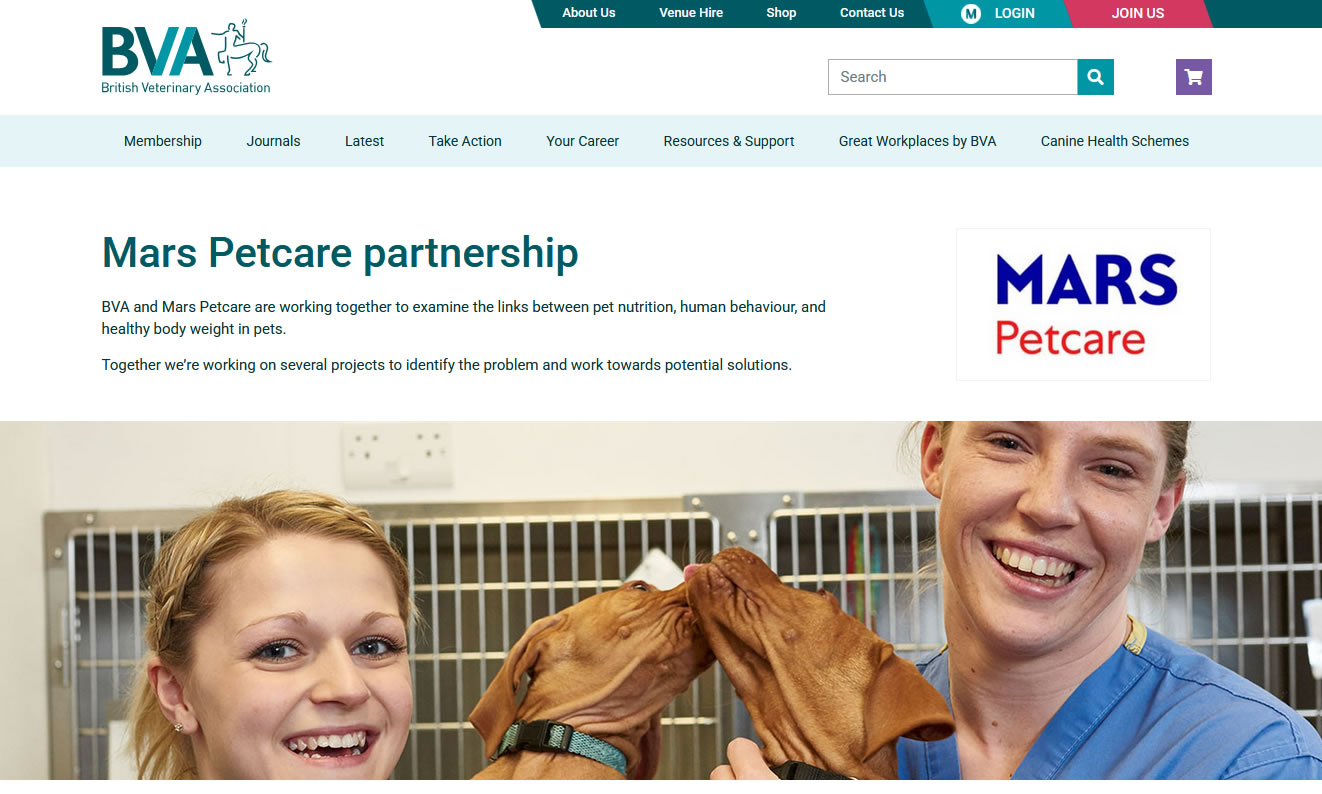
As stated on the BVA website link above, “the BVA and Mars Petcare are working together to examine the links between pet nutrition, human behaviour, and healthy body weight in pets.
Together we’re working on several projects to identify the problem and work towards potential solutions.”
Plant-based options offer the best solution to solve the obesity epidemic as they contain natural plant fibres and are low in saturated fats as shown below (just one of the many complete plant-based dog foods available).
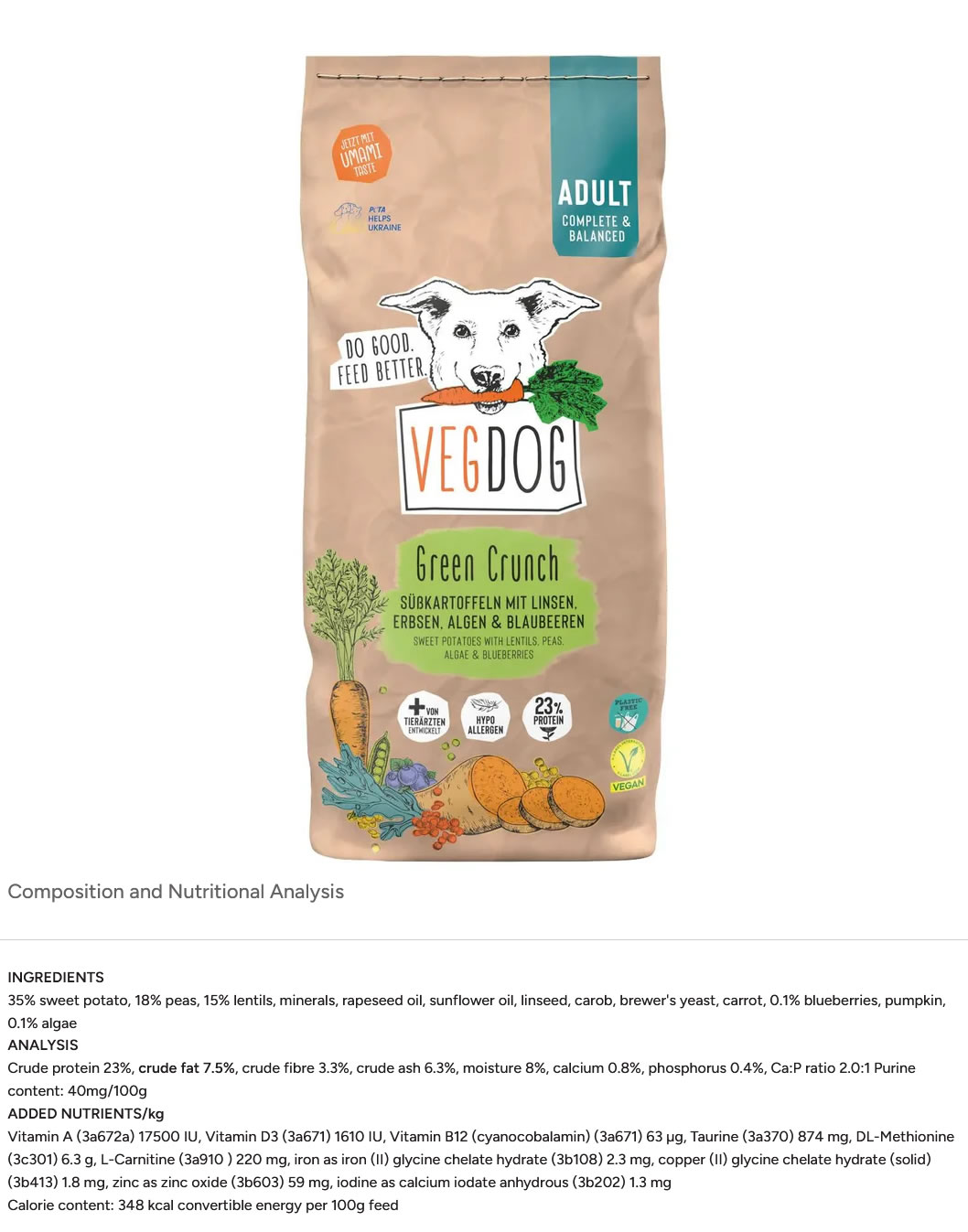 Green Crunch from VegDog is a complete and sustainable plant-based diet with a low fat content of just 7.5% and the important addition of Algae rather than fish oils, and all ingredients are non-GMO.
Green Crunch from VegDog is a complete and sustainable plant-based diet with a low fat content of just 7.5% and the important addition of Algae rather than fish oils, and all ingredients are non-GMO.
Royal Canin Satiety contains fish oil, poultry protein and chondroitin from avian cartilage or crushed shellfish and does not have the same sustainability as low fat Green Crunch. It also has a higher fat content at 9.5%.
Why does Mars Petcare play such a large role in the veterinary industry in the UK?
In June 2018, Mars Veterinary Health International acquired the Linnaeus Group of veterinary specialist practices consolidating its position as a leading veterinary provider in the UK.
This has given the corporate group enormous influence in decisions made by the BVA.
Mars Petcare are closely associated with any sustainability decisions that are made by the BVA as shown in the very close partnership below from November 2021.

Studies claim positivity with alternative pet diets
Many owners willing to consider alternative pet diets, studies claim with a high proportion of cat and dog owners now prepared to explore alternative, more sustainable diet options
Plant-based vs Insect-based dog food
Insect Protein-Based Diets as Potential Risk of Allergy in Dogs, and Higher Cost
Avian Flu Pandemic Risk from Raw Feeding
The APHA (Animal Plant and Health Agency.gov.uk) sends anyone interested in environmental matters, emails about looming threats. As a vet, this is what I have received recently in my email inbox - In my inbox yesterday 11th November - An Avian Influenza Prevention...
Raw dog and cat food fuelling spread of antibiotic-resistant bacteria
The very real and always present danger of this latest study yet again finding antibiotic-resistant bacteria in raw commercial cat foods!
UK Petfoods MUST Keep Up!
Using animal byproducts in meat and fish-based pet foods is NOT sustainable!
Cats dying after eating Avian-Influenza-contaminated raw pet food!
Does vegan cat food provide the solution?
Fermented Protein Pet Food – the Future?
Is precision fermentation our future way to feed not only our pets, but ourselves too? Yes it most certainly is!
Could our dogs or cats trigger an avian influenza pandemic?
As our memories of the last COVID 19 disappear, the potential for another pandemic looms and pets could play a role in transmitting it
Using microbial protein for the very first time in dog treats!
This first-of-its-kind protein is derived from bacteria that have been consumed by humans for centuries in foods such as kimchi, kefir, and sauerkraut
BVA says it is possible to feed dogs plant-based
The British Veterinary Association (BVA) has ended its opposition to (nutritionally-sound) vegan diets for dogs
The truth about ‘RSPCA Assured’ farms
The footage obtained from these farms, including distressing images of decomposing pigs, dying chicks, and salmon with missing eyes, is simply indefensible
The Great Protein Debate – Beef or Beans?
Dr Sue Paterson, RCVS President and Senior Vice President of the European Society of Veterinary Dermatologists interviews Dr Arielle Griffiths about Sustainable Pet Foods
